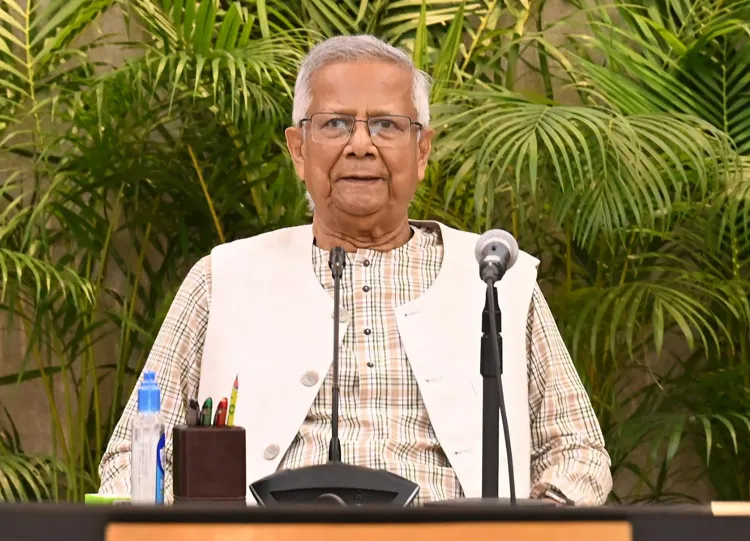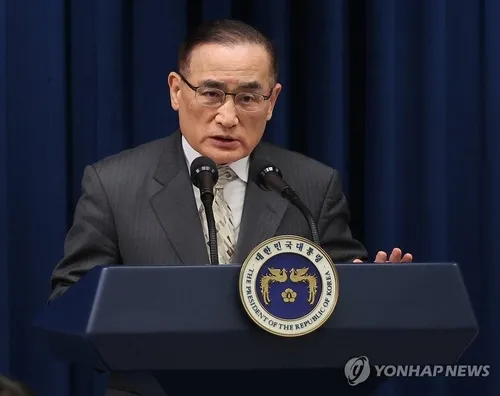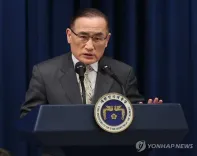Is the July Charter a Deceptive Maneuver to Shield Yunus?

Synopsis
Key Takeaways
- The Awami League criticizes the July Charter as a calculated deception.
- The Charter is viewed as a tool for protecting Yunus rather than a genuine reform.
- Opposition voices and dissenting opinions were reportedly excluded from the process.
- The legitimacy of the Charter is questioned by the absence of major political parties during its signing.
- The situation raises ongoing concerns about democracy in Bangladesh.
Dhaka, Oct 22 (NationPress) The Awami League of Bangladesh has strongly criticized the July Charter, branding it a calculated deception disguised as a 'national reform' aimed at safeguarding Muhammad Yunus, the Chief Advisor to the interim government. The party contends that the July Charter fails to deliver genuine reform, instead reinforcing exclusion, with its primary intent being to shield Yunus, consolidate power, and project a façade of change to the international community.
According to the Awami League, 'The July Charter was never about Bangladesh. It was primarily about the survival of Muhammad Yunus. Under increasing scrutiny over his failures and mounting domestic criticism, Yunus orchestrated the Charter as a diversion — a method to rewrite his narrative and evade accountability. Each clause, every polished paragraph, and every foreign-sanctioned nod was meticulously crafted to protect him from responsibility while creating the illusion of reform.'
The Awami League further asserted, 'Yunus promoted a narrative of 'national renewal', but the reality is much more disturbing. Behind the scenes, the Charter was merely a self-serving agenda, not a framework for national progress. By selectively including elites and NGO representatives, he ensured that those with genuine authority or independent judgment could not pose a challenge to him.'
The party stated that dissenting voices were suppressed, opposing opinions were excluded, and a significant portion of Bangladesh’s populace was overlooked.
They emphasized that the October 17 signing ceremony of the Charter, which was touted as a national reform, was, in fact, an event devoid of national representation. Most of Bangladesh’s major political factions declined to participate, a deliberate boycott that revealed the Charter’s lack of genuine legitimacy.
Even the National Citizen Party, often referred to as the so-called “King’s Party”, chose to abstain. With the true power brokers absent, the party underscored that the document’s claim to represent the populace was a fabricated lie.
“The July Charter laid bare the true mindset of this unelected elite—a belief that democracy can be staged, that representation can be faked, and that power can be brokered in secrecy. If Yunus could circumvent the country’s majority once, what’s to stop him from doing so again when the stakes are even higher?” the Awami League questioned.
“An election conducted by this same group would not embody democratic principles; it would merely extend the deception. The same players, the same script, the same result—Bangladesh’s citizens left voiceless while the world applauds yet another meticulously crafted narrative,” they asserted.










